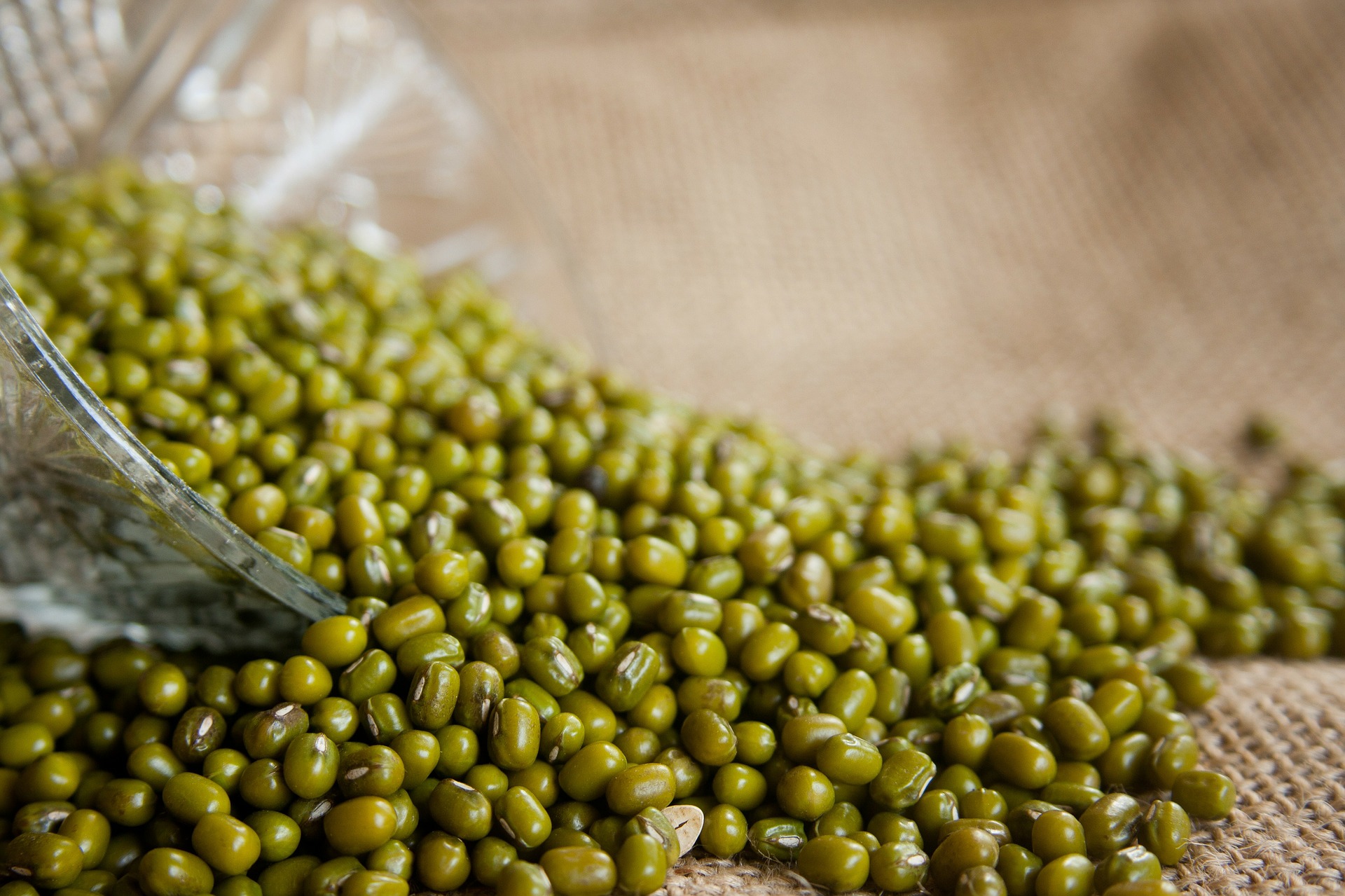
Mung beans are a type of food usually used as a filling in sweet foods. The bean is also known as green gram or “kacang hijau” in Bahasa Indonesia. Just as the name suggests, these beans are green and small in size. Despite its small size, mung beans are rich in vitamins and minerals that are good for health.
Based on data obtained from the United States Department of Agriculture (USDA), 100 grams of boiled mung beans contain 7.02 grams of protein, 19.15 grams of carbohydrates (including 2 grams of sugar) and 7.60 grams of fibre. Mung beans are also known as a good source of vitamin B-9. Vitamin B-9, also known as folate, has a role in the process of making DNA. Folate is also known to play an important role to prevent abnormalities during pregnancy.
According to an article published in Chemistry Central Journal, mung beans are known to have various health benefits. Mung beans contain antioxidants such as phenolic acid, flavonoids, and cinnamic acid which may help fight free radicals. Mung beans also act as anti-fungal and anti-microbial properties. Also, mung beans are also known to be able to treat inflammation.
Mung beans can also help to reduce and maintain blood sugar levels, thanks to fibre and protein contained in them. These two nutrients can help to slow down the release of sugar into the blood. Mineral contained in mung beans, such as potassium, magnesium, and fibre can also help lower blood pressure. It was also found in several other studies that mung beans can reduce bad cholesterol levels, which may help reduce the risk of heart-related diseases.
Text by Anggie Triana
Stock photos from Pixabay
Source(s):
- Dongyan, T., Yinmao, D., Hankun, R., et all (2014). A review of phytochemistry, metabolite changes, and medicinal uses of the common food mung bean and its sprouts (Vigna radiata). Chemistry Central Journal, DOI: https://doi.org/10.1186/1752-153X-8-4.
- Medical News Today - Health benefits of mung beans (2019). https://www.medicalnewstoday.com/articles/324156.php, February 28, 2019.
- Healthline - 10 Impressive Health Benefits of Mung Beans (2018). https://www.healthline.com/nutrition/mung-beans, February 28, 2019.